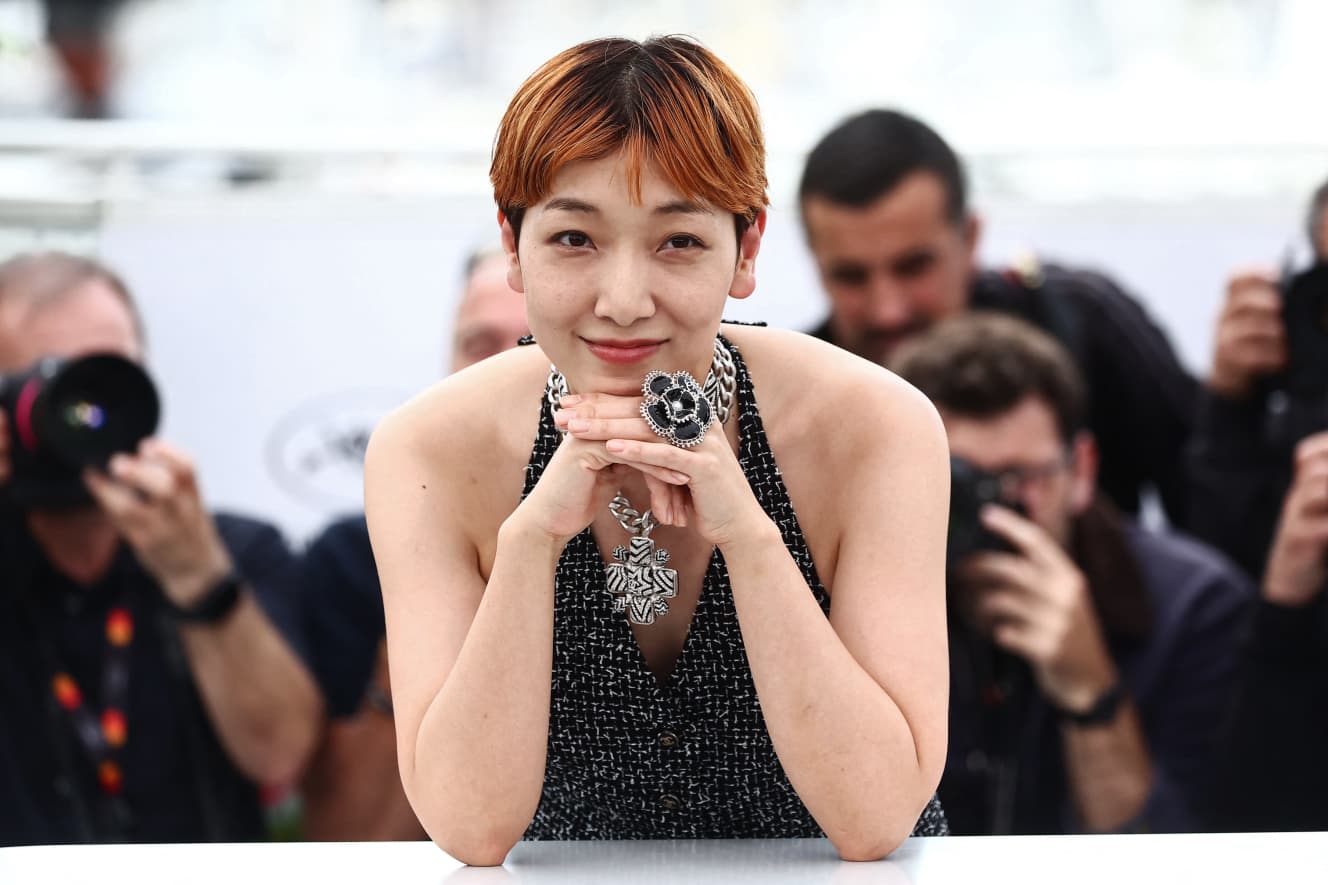The Evolution of Female Friendship in Heisei-era Dramas
The popular drama “Shut Up” (TV Tokyo) will air its final episode on January 29. The series follows the lives of four characters, Yuki Tajima (played by Sawa Nimura, 29), Megumi Kawada (Riko, 21), Shiori Kudo (Yuki Katayama, 27), and Sana Asai (Miho Watanabe, 23), who live in the same student dormitory, dealing with various incidents. The show explores themes such as student poverty, disparity, and the current widely discussed topic of consent in sexual activities.

What stood out in the story was the strong friendship among the four women. In the early episodes of the drama, Megumi becomes pregnant due to non-consensual sexual activity. To raise funds for her abortion, the three friends engage in activities such as sugar-daddy arrangements and even commit a crime (stealing money from the man who impregnated Megumi and fled). Additionally, scenes demonstrating their friendship were scattered throughout, such as Yuki desperately trying to prevent Sana from getting involved in a network business.
In previous dramas, there was often a stereotypical portrayal of “female friendship being fragile” and “male friendship being strong.” When a woman facing some trouble appeared, the discussions typically revolved around details other than her own issues, such as the thickness of her family’s pocket, her partner, childbirth, and the educational path of her children. There were even scenes where female friends compared these elements among themselves. While this portrayal is not entirely inaccurate, it may seem a bit outdated in the Reiwa era. This is because, compared to the Heisei era, female friendship now feels more robust.
Let’s look back on the evolution of female friendship through television dramas.
The Cramped Lifestyle of Women in the Heisei Era
First, let’s explore the trends in women’s lifestyles.
The drama series “Sugao no Mama de” (Fuji TV, 1992), which gained attention with the appearance of Akina Nakamori (58) in a Monday 9 p.m. slot, depicts the friendship between two women from completely different backgrounds. However, in the end, it revolves more around romance than friendship. Yumiko Kosaka (Narumi Yasuda, 57) goes through marriage, childbirth, divorce, and is diagnosed with an incurable disease. The story then unfolds with Kanna Tsukishima (Nakamori) raising her friend’s child. Although the strength of their friendship becomes evident in the end, the journey involves a lot of back-and-forth between the two regarding romantic relationships, reflecting the societal backdrop of the time when getting married and having children was considered the ideal.
The 2008 drama “Around 40 – Chumon no oi Onna-tachi” (TBS) features unmarried career women, childless married editors, and a recently returned-to-work, married, and with children woman in their forties. These three women with different lifestyles compare and envy each other. In the end, what they all desired was a rich life with children.
The drama “The Reason I Can’t Find My Love” (Fuji TV, 2011) revolves around the lives of three women in their twenties living under the same roof, each striving for romance with dreams of marriage. Even in this work, the primary option for women’s lifestyle choices remains marriage.
What did “Brush Up Life” bring about?
After three films, the Heisei era was beginning to come to an end. The friendship among women began to show some signs of change.
In “Nagi no Oitoma” (TBS, 2019), the protagonist Nagi (Hana Kuroki, 33) resets her life by abandoning her corporate job, marriage, the refined appearance crafted by growing out her natural perm, and even her boyfriend and toxic parent. It’s a reset of her entire life. One of the things Nagi discards is the fake friendship with her colleagues. At work, she casually aligns her story with her colleagues, but once she returns home, she engages on Instagram, fearing that not responding with likes might lead to being disliked the next day. This compulsion of Nagi is portrayed in the drama.
However, Nagi, having discarded everything, cultivates new friendships in the apartment she ends up in. The interactions with the residents and friends who accept Nagi as she is are heartwarming to watch.

doesn’t matter. What decisively portrayed the essence of women’s friendship, where they extend a helping hand when the other is in a pinch, is “Brush Up Life” (Nippon TV, 2023).
The story revolves around Asami Kondo (Sakura Ando, 37), who experiences unexpected deaths multiple times and gets a chance to redo her life. With each iteration, Asami raises the grade of her life and profession. In the end, to protect two childhood friends from a plane crash, Asami chooses the path of becoming a pilot with another redo participant, Mari Uno (Asami Mizukawa, 40). She successfully manages to save her precious friends from the accident. The series doesn’t depict marriage, childbirth, or scenes comparing each other’s positions. Ultimately, the drama concludes with the four women happily residing in a nursing home, emphasizing the strong bond of friendship that persisted throughout.
There was a way of life for women that should have been standard in many of the dramas we have seen since the Heisei era. But those values are over. This is an age in which each person, regardless of gender, lives according to his or her own characteristics. How will the women in the dramas live their lives in the future with such a situation on their shoulders?
Interview and text by: Hisano Kobayashi
Hisano Kobayashi writes essays and columns, and works as an editor, writer, and promoter. She is the author of "Kekkon to nakonoshikanai Uruwashikana Jinsei" (KK Bestsellers), "45 cm no Distance: About Human Relations in a World with Increased Functions of Connection" (WAVE Publishing), and "Best of Heisei Drama! (Seishun Shuppansha). Born in Hamamatsu City, Shizuoka Prefecture, Japan.